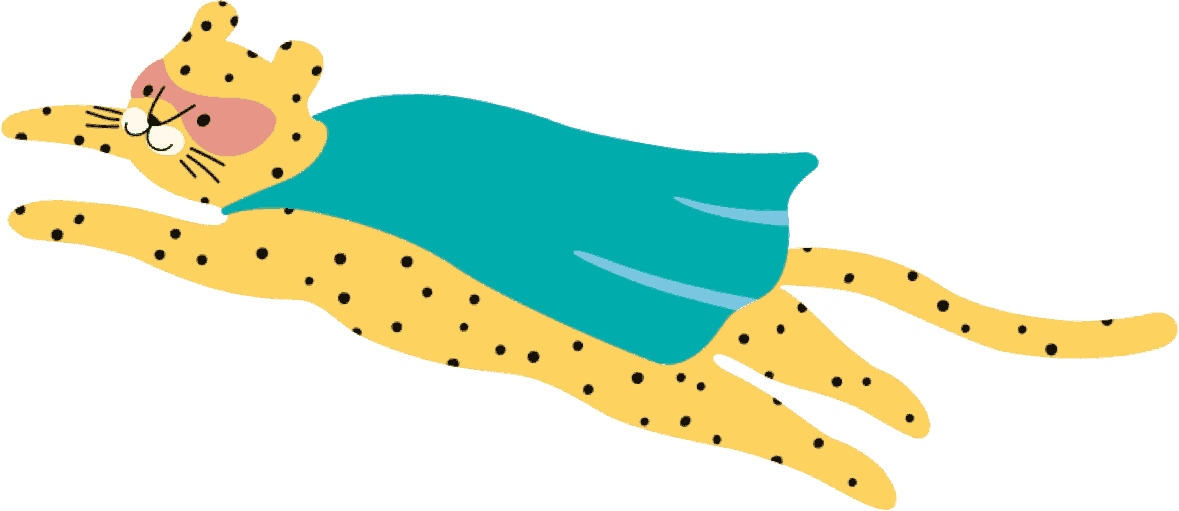What physical developmental milestones should I see at each age?
While each child is different and will learn new skills at their own pace, these are the CDC developmental milestones most pediatricians will be using to evaluate your little one at checkups. It’s important to note that development is not linear and some children will skip steps or learn and grow differently! These developmental milestones are just to help give you a sense of where your child may be in their developmental journey. If you observe that your child doesn’t seem to be meeting a majority of these milestones, absolutely raise your concerns with your child’s pediatrician so you can talk through it together! Visit the CDC’s website for more information on early screening:
2 months:- Calms down when spoken to or picked up
- Looks at your face
- Smiles when you talk to or smile at them
- Makes sounds other than crying
- Reacts to loud sounds
- Watches you as you move
- Moves both arms and legs
- Smiles on their own to get your attention
- Looks at you, moves, or makes sounds to get your attention
- Makes cooing sounds
- Turns head towards the sound of your voice
- If hungry, opens mouth towards breast or bottle
- Brings hands to mouth
- Knows familiar people
- Likes to look at self in mirror
- Laughs, makes squealing noises
- Puts things in mouth to explore them
- Reaches to grab a toy
- Rolls from tummy to back
- Pushes up with arms straight when on tummy
- Shows several facial expressions like angry, sad, surprised
- Looks when you call their name
- Smiles or laughs when you play peekaboo
- Makes a lot of different sounds
- Lifts up arms to be picked up
- Looks for objects when dropped out of sight
- Sits without support
- Plays games with you
- Waves “bye-bye”
- Calls parent “mama”, “dada”, or another special name
- Understands “no”
- Looks for things they see you hide
- Pulls up to stand
- Walks, holding onto furniture
- Picks things up between thumb and pointer finger
- Notices when others are hurt or upset
- Looks at your face to see how you react in a new situation
- Points to things in a book when you ask
- Uses gestures more than waving or pointing, such as blowing a kiss
- Holds something in one hand while using the other hand
- Walks up a few stairs with or without help
- Uses a spoon
- Notices other children and joins them to play
- Asks “who” “what” “where” “why” questions
- Says first name, when asked
- Talks well enough for others to understand, most of the time
- Uses a fork
- Puts on some clothes by themselves
- Follows rules or takes turns when playing with other children
- Does simple chores at home like clearing the table after eating
- Answers simple questions about a book or story
- Counts to 10
- Writes/names some letters
It’s normal to have concerns about your baby’s development, but every baby develops at a different pace and “developmental milestones” are not universal. However, if you feel like your baby is not exhibiting more than a few of these skills at the given age range, you can bring up any concerns with your pediatrician.
This article has been reviewed by our team of experts.
Disclaimer: The contents of this article does not constitute medical advice. If you have concerns about any health or medical condition, diagnosis, or treatment you should consult with your pediatrician or a licensed healthcare provider.
